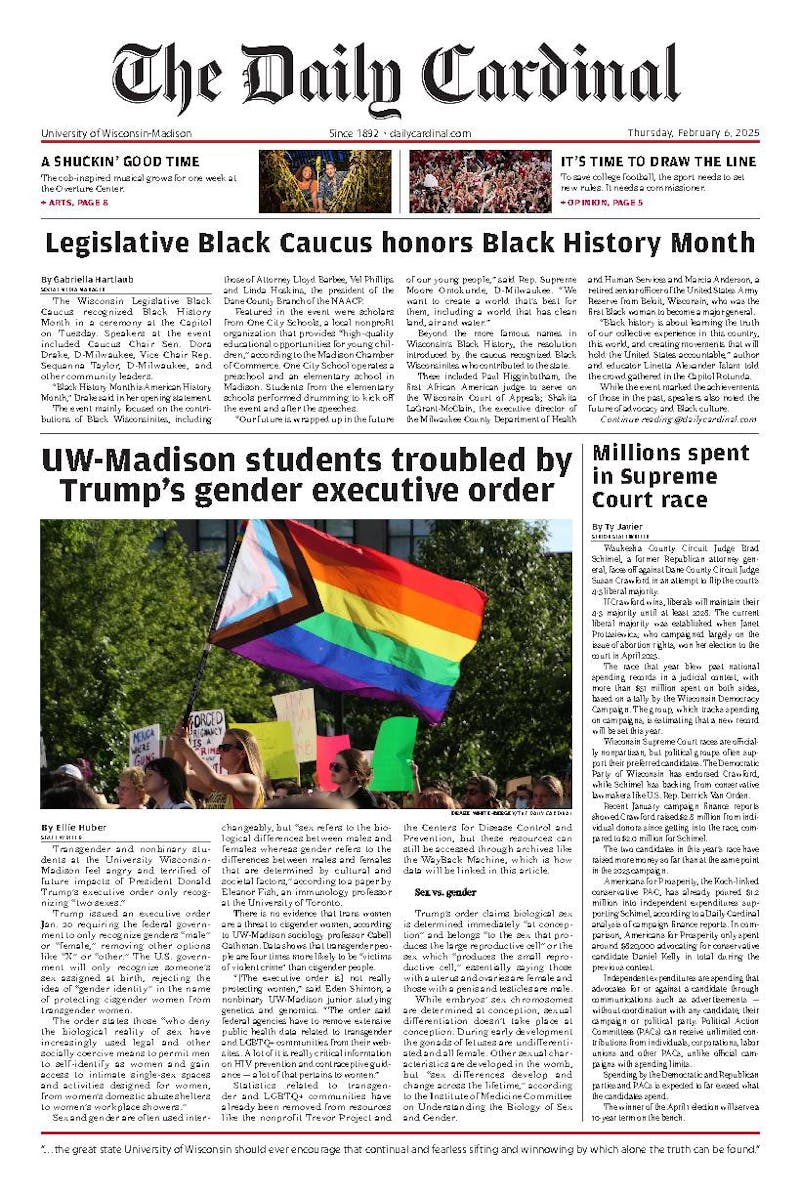Nobel Prize recipient Elinor Ostrom spoke on campus Thursday, emphasizing an environmental management policy tailored to specific ecosystems.
In her lecture, Ostrom, who received the prize for economic sciences in 2009, described how to best maintain healthy ecosystems while preserving the organisms within them.
According to Ostrom, governments and citizens working with ecosystems should study and analyze them to create solutions for their maintenance.
She cited one successful example of mollusk-farming practices in a Mexican village on the California bay. The village locals mandate the number of boats that can
harvest mollusks each day, keeping the mollusk population at a healthy level by preventing over-harvesting.
Ostrom also criticized various governments for having a standardized solution for management without differentiating between various ecosystems.
She said some governments impose ""uniform solutions"" to manage ecosystems, describing the policies as ""nonsense.""
During a panel with UW-Madison faculty, Ostrom said although citizen organizations can help manage an ecosystem, self-organize, this is not always the case.
""We have to understand that people can self-organize bad things,"" Ostrom said.
Yet, Ostrom said even when people adequately study and measure ecosystems, the resulting policy may not yield the expected outcome.
""We've got to be stressing in our education that uncertainty is not bad, that's the world,"" she said. ""The world has a lot of uncertainty in it, and that it's bad to describe it as a world with a lots of problemistic functions.""





